What will be the impact of electric vehicles on home electrical systems
With the rise of electric vehicles (EVs) revolutionizing transportation, it’s crucial to understand their impact on home electrical systems. Here’s a comprehensive look at how EVs influence residential electrical infrastructure
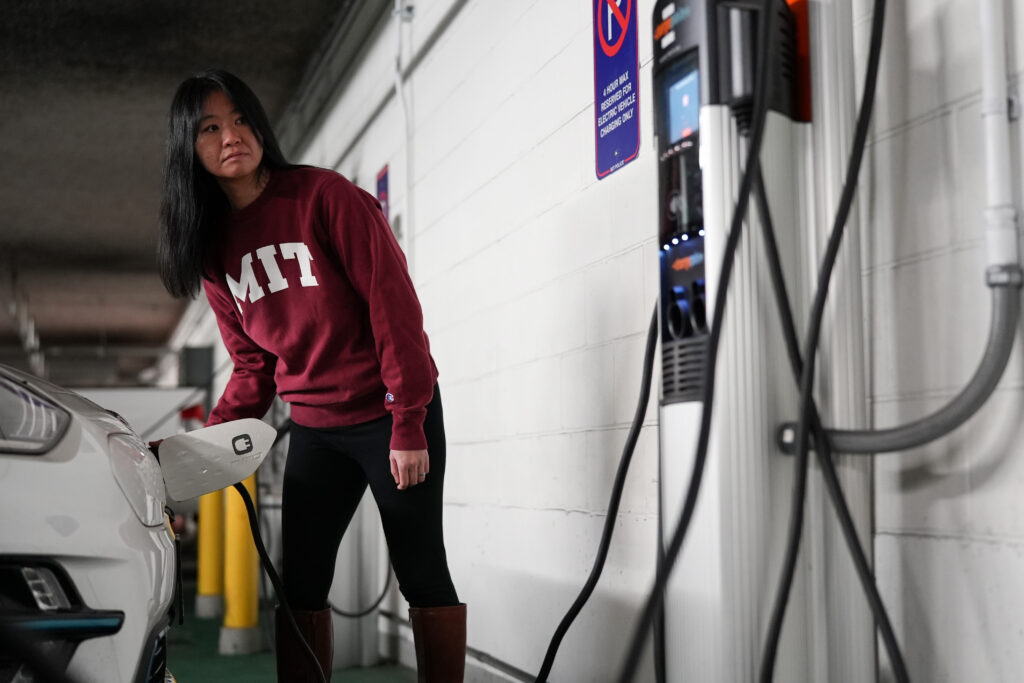
Increased Energy Demand
Integrating an EV into your household means adding a significant electrical load. Charging an EV requires a considerable amount of power, especially if using a Level 2 charger, which can draw up to 240 volts. As a result, homeowners may need to assess their electrical capacity to accommodate this additional demand.

Upgrading Electrical Panels
Older homes with outdated electrical panels may not have the capacity to support EV charging without overloading the system. Upgrading to a higher-capacity electrical panel or installing dedicated circuits for EV charging can ensure safety and prevent electrical hazards.
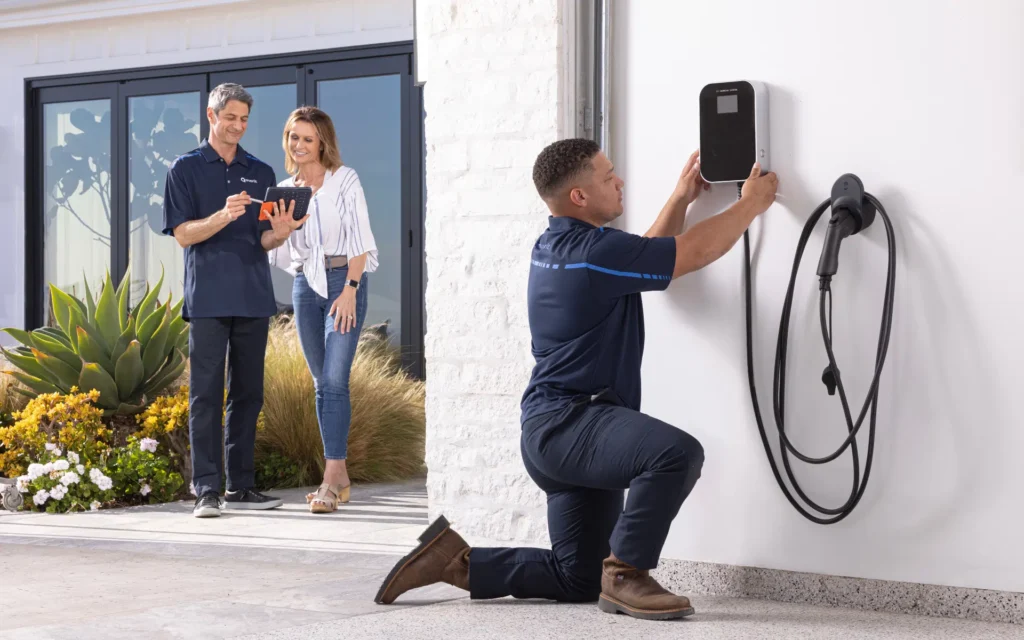
Charging Infrastructure
Homeowners have several options for EV charging infrastructure, including Level 1 chargers (plugging into a standard 120-volt outlet) and Level 2 chargers (requiring a dedicated 240-volt circuit). Installing a Level 2 charger offers faster charging times but may necessitate professional installation and electrical modifications.
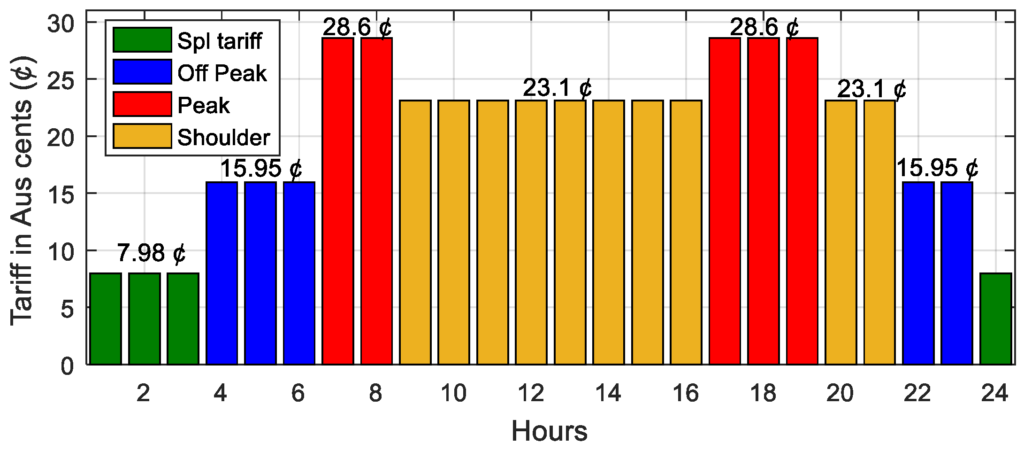
Time-of-Use Rates
Some utility companies offer time-of-use (TOU) rates that vary based on the time of day. EV owners can take advantage of lower electricity rates during off-peak hours for charging, optimizing cost savings and reducing strain on the grid.
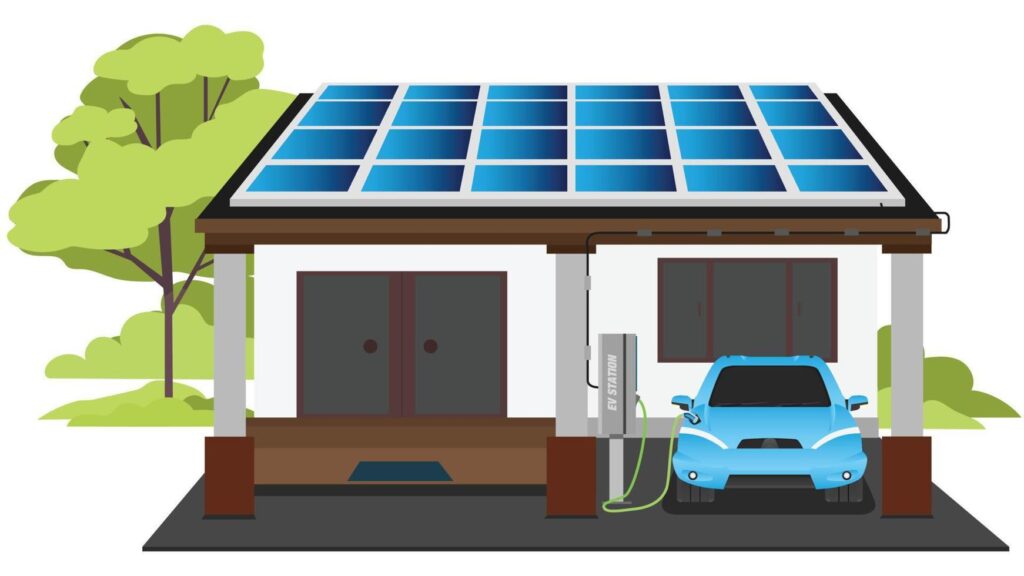
Renewable Energy Integration
Pairing EV charging with renewable energy sources such as solar panels allows homeowners to reduce their carbon footprint further. Solar-powered EV charging stations enable eco-friendly transportation while minimizing reliance on the grid.
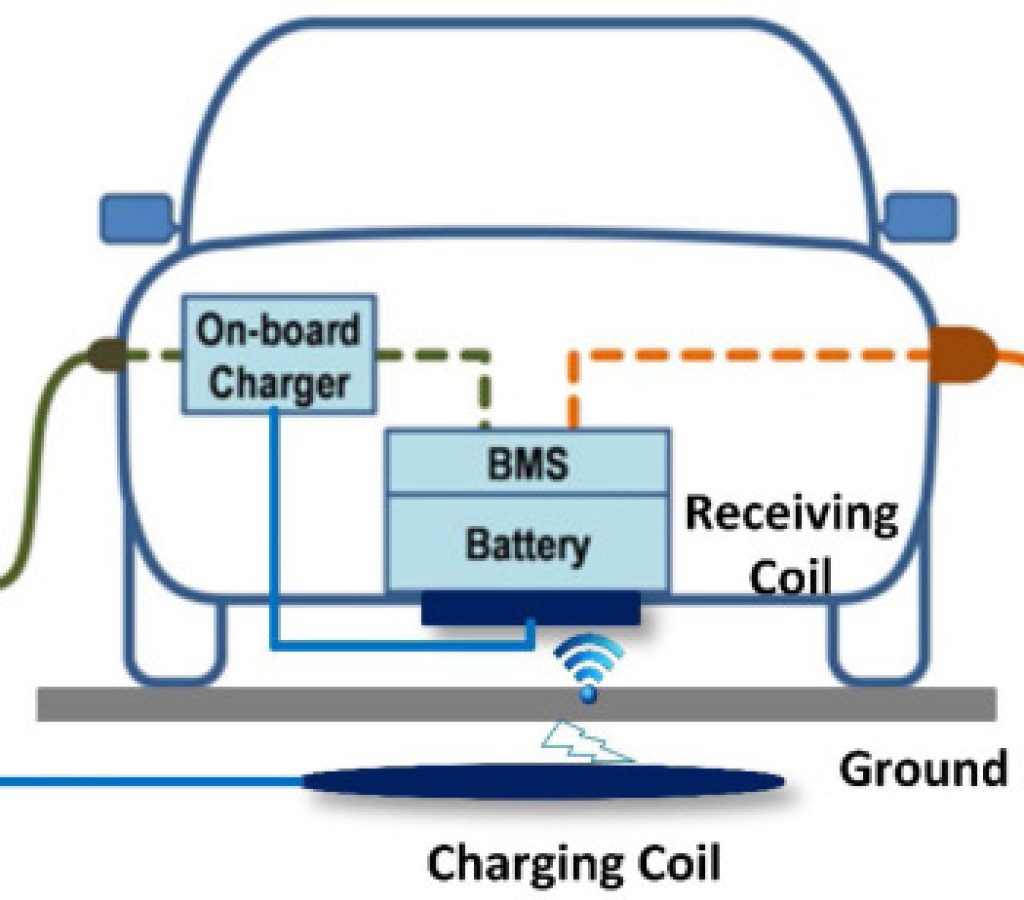
Smart Charging Solutions
Implementing smart charging solutions and energy management systems can optimize EV charging schedules based on electricity rates, solar generation, and household energy consumption. Smart chargers can also prioritize charging during periods of excess renewable energy production.
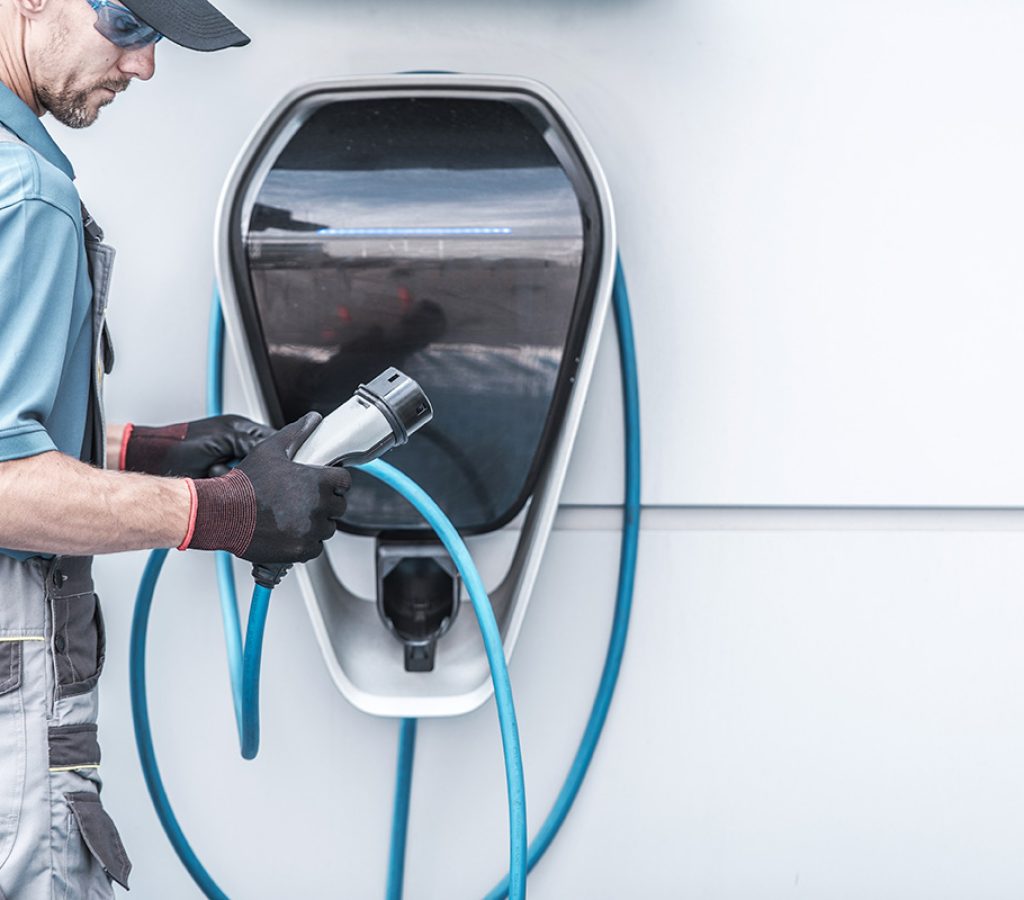
Electrical Safety Considerations
Proper installation and maintenance of EV charging equipment are paramount to ensure electrical safety. Hiring licensed electricians and complying with local building codes and regulations mitigate the risk of electrical hazards and ensure the longevity of home electrical systems.
In conclusion, while EVs offer numerous benefits for reducing emissions and fuel costs, they also pose challenges for home electrical systems. By understanding and addressing the impact of EVs on residential infrastructure, homeowners can embrace electric mobility while ensuring the safety, reliability, and efficiency of their electrical systems.
